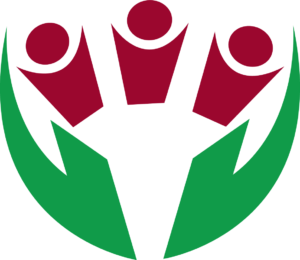Access to safe water and sanitation is a human right. Around 10 million, people across Somalia do not have access to safe water and 2.5 million people cannot access the sanitation services they need. Access to clean and safe water is one of the most difficult challenges in Somalia, owing to a combination of factors such as arid climate, the chemical concentration of water sources, and human-induced conflict. Furthermore, current water sources are insufficient in terms of accessibility, quality, and quantity. Even in the presence of surface water, the high concentration of chemical components and salinity in groundwater makes it unsafe for human consumption. It is frequently contaminated and thus requires treatment. Somalia has endured decades of protracted conflict, resulting in the destruction of critical institutions and data. As a result, enforceable regulations for sustainable water management cannot be properly implemented, further increasing groundwater depletion, contamination, and conflict.
The Hope and Help Society works to ensure that people in Somalia have equitable, sustainable, and affordable access to water and sanitation services.
Improving WASH access and awareness is an integral part of our overall work in health and care, building healthier and more resilient communities. We are planning to reach over 100,000 people with quality water, sanitation, and hygiene activities every year.
Our work in WASH involves both a “hardware” and “software” approach.
- On the hardware side, we build WASH infrastructures such as toilets and community water pumps. We also repair or build sewage systems, water storage facilities, and water treatment facilities.
- On the software side, we run hygiene promotion and behavior change activities to improve people’s knowledge of good sanitation and hygiene practices (such as proper handwashing). We also support communities to effectively manage and maintain their water, sanitation, and hygiene facilities.
More and more, we are integrating WASH activities into other areas of our long-term and emergency work—from nutrition to protection, gender, and inclusion. And we constantly research and innovate new WASH technologies and tools to better serve our communities.
Having safe water close to home also means that children, particularly girls, do not have to worry about making the long and often dangerous journey to get it. They are more likely to attend school, play with their peers, and be kids.
